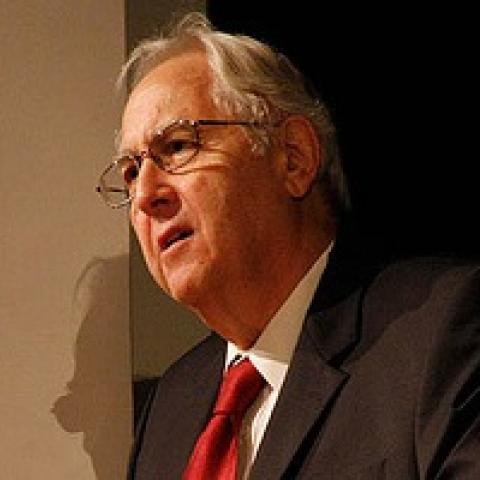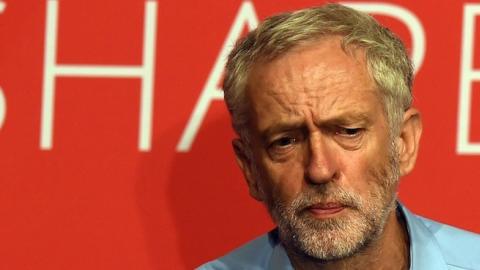With the election of Jeremy Corbyn to be head of Britain’s Labor Party, one has to wonder if this once majority party has made a suicide pact. As its candidate for prime minister in the next national elections, Corbyn, most observers have concluded, is unelectable. How left wing is Corbyn? He is so far removed from the mainstream that he makes his socialist American counterpart, Bernie Sanders, look like a moderate. Like the Democrat Party in the United States, British Labor has also taken a left turn.
In the late '70s and early '80s, when the heavily nationalized British economy was in the doldrums, Conservative PM Margaret Thatcher instituted major free-market reforms that transformed the economy by cutting taxes, privatizing gas, water and electricity companies, and closing many nonproductive and obsolete steel plants and coal mines. As Wikipedia notes:
By 1982, the UK began to experience signs of economic recovery; inflation was down to 8.6% from a high of 18%, but unemployment was over 3 million for the first time since the 1930s. By 1983 overall economic growth was stronger and inflation and mortgage rates were at their lowest levels since 1970.
When Labor won again, it was under Tony Blair, who moved his party away from the far left and did not undo the successful changes Thatcher had made. Blair called his program and party “New Labor,” and he became prime minister for three terms. Although later his support of the Iraq War made him unpopular in Britain, Blair called his party “left of center,” and promised that he would govern from what he called “the radical center.” Blair did not end Thatcher’s anti-trade union legislation, and as Wikipedia puts it, he “introduced substantial market-based reforms in the education and health sectors; introduced student tuition fees; sought to reduce certain categories of welfare payments, and introduced anti-terrorism and “identity card legislation” He also had a tough foreign policy, and was a supporter of Israel.
The British Conservative Party has recently proved itself weak and inept; its prime ministers have hardly run Britain like Thatcher did. Recently, as Labor suffered a major loss putting David Cameron in as PM once again, Labor’s nominal leader, the badly defeated Ed Miliband, revealed that the electorate was in no mood for a man who seemed insincere, wishy-washy, and who did stand for anything much different than a Cameron administration that would be slightly to the left of the Conservatives.
That crisis in British Labor is what led to Corbyn’s victory. Another factor, however, is how Corbyn introduced a new policy that allowed scores of people who were not members to simply declare their support to Labor by paying the party the equivalent in American currency of $4.60. This resulted in thousands of far leftists who previously eschewed Labor as too moderate joining the ranks of voters and then voting in the election for who should lead the party. This policy resulted in 120,000 non-members of the Labor Party casting a vote for Corbyn.


















